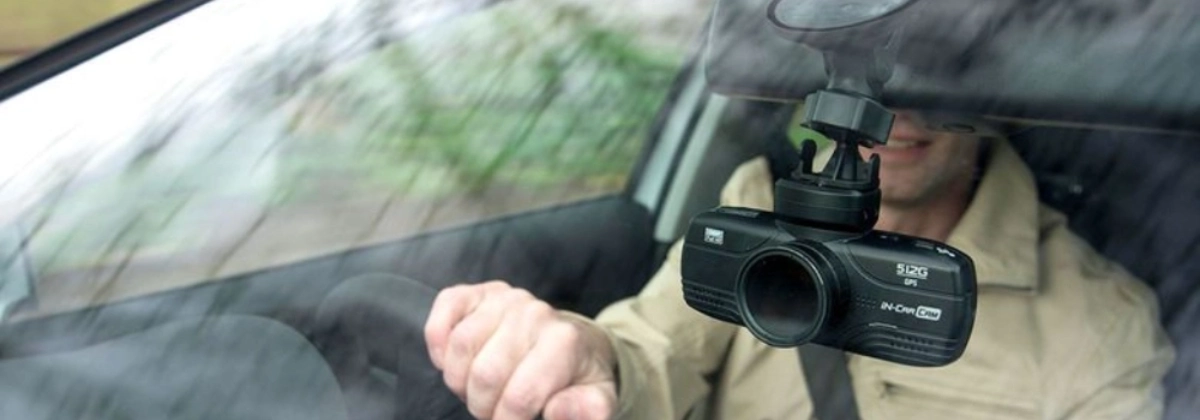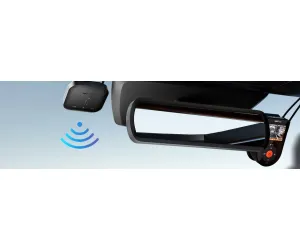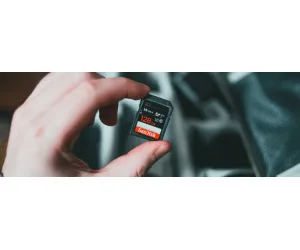
Dash cams have become increasingly popular for capturing road incidents and enhancing driver security. But are they also quietly invading your privacy? While these devices offer undeniable benefits, they come with risks that could compromise your personal data.
In this article, we’ll explore the privacy risks of dash cams, how they could be used against you, and essential steps to protect your personal information.
Dash Cams: A Double-Edged Sword
Dashboard cameras, or dash cams, are widely used for recording road events, providing legal evidence, and preventing fraudulent claims. Many drivers see them as essential tools for safety and security.
However, with the rise of connected devices, dash cams can also pose security risks, such as unauthorized data sharing, hacking vulnerabilities, and potential breaches of privacy laws. Understanding these risks is crucial for anyone using or considering a dash cam.
How Do Dash Cams Work?
Dash cams continuously record video footage of your vehicle’s surroundings. They typically feature:
- Loop recording – Overwrites old footage automatically.
- GPS tracking – Logs speed and location data.
- Wi-Fi/Bluetooth connectivity – Allows footage transfer to mobile devices or cloud storage.
- G-sensor activation – Detects sudden impacts and saves footage automatically.
While these features offer convenience and security, they can also leave users exposed to cybersecurity threats and legal issues.
The Privacy Risks of Dash Cams
1. Data Sharing: Is Your Personal Information Being Exposed?
Many dash cams record more than just video footage. They collect and store:
- GPS location and speed data
- Audio recordings
- Vehicle movement history
Some models automatically upload footage to cloud storage, where data can potentially be accessed by third parties—including insurance companies, law enforcement, or even hackers.
Additionally, certain dash cams continue recording even when your car is parked, meaning they may capture unsuspecting individuals without their consent.
2. Hacking Risks: Are Dash Cams a Cybersecurity Threat?
Dash cams with Wi-Fi and Bluetooth connectivity can become targets for hackers. Since they operate like other IoT (Internet of Things) devices, cybercriminals can exploit vulnerabilities to:
- Access live video feeds
- Extract location data and trip history
- Disable or alter recordings
This means your dash cam could unintentionally help criminals track your movements, leaving you vulnerable to theft or cyber attacks.
3. Privacy Law Violations: Could Your Dash Cam Be Illegal?
Depending on where you live, recording people without their consent may be illegal. Dash cams that capture pedestrians, passengers, or other drivers could violate privacy laws.
Before using a dash cam, it’s crucial to understand local surveillance laws and data handling regulations. Non-compliance can lead to serious legal consequences.
To avoid unintentional violations, always research the privacy laws in your country or state.
How to Protect Your Privacy When Using a Dash Cam
While dash cams come with risks, there are steps you can take to maximize security while minimizing privacy concerns:
1. Control Data Access
- Regularly check which apps or cloud services have access to your dash cam footage.
- Disable automatic uploads if you don’t need them.
2. Strengthen Cybersecurity
- Update firmware regularly to patch security vulnerabilities.
- Use strong, unique passwords to prevent unauthorized access.
- Disable Wi-Fi or Bluetooth when not in use.
3. Be Mindful of Legal Compliance
- Research and follow local privacy laws before recording.
- Use privacy-friendly settings, such as motion detection only when driving.
4. Choose a Dash Cam with Strong Security Features
- Look for encrypted storage to protect recorded data.
- Opt for models without automatic cloud uploads if privacy is a concern.
The Future of Dash Cam Technology: Balancing Security & Privacy
Dash cams are powerful tools for road safety, legal protection, and insurance claims, but they must be used responsibly. As technology evolves, manufacturers need to prioritize stronger data protection measures to ensure user security.
For drivers, awareness and proactive security steps are the best defense against potential privacy threats.
Final Thoughts: Are Dash Cams Worth the Risk?
Dash cams can be an invaluable asset—but only when used wisely. By understanding their risks and taking precautions, you can enjoy the benefits of a dash cam without compromising your privacy.
- Would you still use a dash cam after knowing these risks? Let us know in the comments!
FAQs: Dash Cam Privacy & Security Risks
1. Are dash cams a security risk?
Yes, while dash cams provide security and evidence in case of accidents, they can also pose privacy and cybersecurity risks. These include data sharing concerns, hacking vulnerabilities, and potential legal violations related to recording people without consent.
2. Can dash cams be hacked?
Yes, Wi-Fi and Bluetooth-enabled dash cams can be vulnerable to hacking. Cybercriminals may access live footage, track GPS locations, or steal trip data. To reduce this risk, users should update firmware, use strong passwords, and disable unnecessary connectivity features.
3. Do dash cams record all the time?
Most dash cams record in loop mode, continuously overwriting old footage. Some models also feature parking mode, which can record even when the car is off—raising concerns about capturing unintended footage and potential privacy law violations.
4. Can dash cam footage be used against me?
Yes, dash cam footage can be used as evidence in legal cases, insurance claims, or even by law enforcement. However, it can also be used against the owner, especially if it records traffic violations or shows the driver at fault.
5. Do dash cams share data with third parties?
Some dash cam models automatically upload footage to cloud storage, where third parties, such as manufacturers, law enforcement, or insurers, may access the data. Always check the privacy policy of your dash cam manufacturer and disable data-sharing features if privacy is a concern.
6. Is it legal to use a dash cam?
Laws vary by country and state. While dash cams are legal in most places, recording people without consent (especially in private spaces) can violate privacy laws. Before using a dash cam, check local surveillance and recording regulations to ensure compliance.
7. How can I protect my privacy while using a dash cam?
To safeguard your data:
- Use a strong, unique password for your dash cam.
- Disable cloud uploads and unnecessary connectivity features.
- Keep firmware updated to prevent security breaches.
- Review footage access permissions and restrict third-party sharing.
- Understand local laws to ensure you’re not violating privacy regulations.
8. Do dash cams drain car batteries?
Most dash cams run on vehicle power but have low energy consumption. However, dash cams with parking mode can drain the battery if left running for extended periods. To prevent this, use hardwiring kits with voltage cutoffs or battery packs.
9. Can I disable audio recording on my dash cam?
Yes, most dash cams allow users to turn off audio recording. This can help prevent unintended conversations from being recorded, which might pose privacy or legal concerns.
10. What features should I look for in a privacy-friendly dash cam?
If privacy is a priority, choose a dash cam with:
- Local storage (SD card) instead of cloud uploads
- No built-in Wi-Fi or Bluetooth to reduce hacking risks
- Customizable privacy settings (e.g., disabling GPS tracking or audio recording)
- Encrypted storage options for added security







